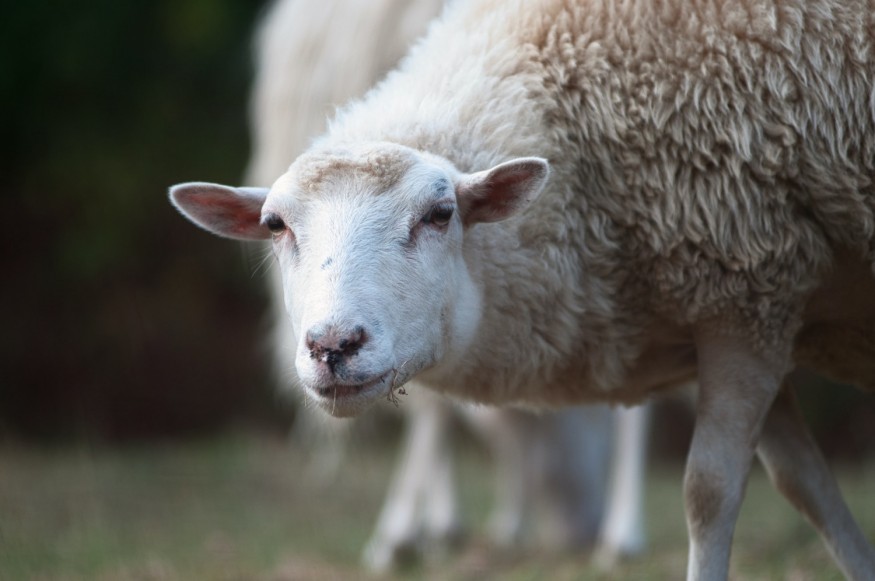
When genetically engineered sheep are used in low-methane farming for selective breeding, climate change may be solved.
Using genetically engineered, low-methane sheep is one strange and amazing way that farmers are trying to lower their greenhouse gas emissions.
The UK has announced the "Breed for CH4nge" project, which will invest about $3.7 million to breed sheep that exhale the least amount of methane possible, bringing farming closer to net zero emissions.
Phil Stocker, the chief executive of project partner National Sheep Association, stated that to contribute to the UK's targets of reducing methane by 30 percent by 2030, there is a need to act more quickly in this area, according to FarmingUK.
Methane From Farming
Methane is a greenhouse gas that, over 20 years, is about 80 times more effective than CO2 at trapping heat in our atmosphere.
Methane emissions from sheep and other livestock, such as cows, significantly contribute to the world's overall greenhouse gas emissions. According to a report that was published in the journal Nature Food, producing livestock accounts for between 11% and 17% of the world's greenhouse gas emissions and 57 % of all carbon emissions from food production.
Methane released by sheep accounts for 50 to 60% of a sheep farm's carbon emissions in the UK, according to Farmers Weekly.
Selective Breeding
This three-year research, which is being headed by the genetics firm Innovis and supported by the UK government's Farming Innovation Fund, aims to quantify the methane emissions of 13,500 sheep across 45 flocks to assess the efficiency of the sheep as of right now.
They next intend to rank the sheep based on methane emissions, feeding effectiveness, and health using these data, together with information on the size of the rumen and microbiota. Researchers will be able to examine the connections between these features and the sheep genome thanks to DNA sampling.
In order to produce sheep that are still healthy and valuable to farmers but emit less methane than before, the best scorers on this Estimated Breeding Value (EBV) scale will be carefully bred across several generations.
This three-year research, which is being headed by the genetics firm Innovis and supported by the UK government's Farming Innovation Fund, aims to quantify the methane emissions of 13,500 sheep across 45 flocks to assess the efficiency of the sheep as of right now.
They next intend to rank the sheep based on methane emissions, feeding effectiveness, and health using these data, together with information on the size of the rumen and microbiota. Researchers will be able to examine the connections between these features and the sheep genome thanks to DNA sampling.
In order to produce sheep that are still healthy and valuable to farmers but emit less methane than before, the best scorers on this Estimated Breeding Value (EBV) scale will be carefully bred across several generations.
Also Read : Pig Livers Transformed to be Human-Like, Possible Solution for Organ Transplant Shortage
Low-Methane Farming via Genetically Engineered Sheep
Since 2007, New Zealand has been selecting breeding sheep to emit less methane, and their third-generation herd already emits 16% less methane than before. According to the New Zealand Agricultural Greenhouse Gas Research Center, there is no proof that any of the significant sheep characteristics have been sacrificed in the pursuit of lower emissions.
Additionally, New Zealand has been testing low-methane feed for livestock to reduce methane emissions and methane inhibitors to stop animals from releasing the gas since 2020, Newsweek reports.
Related Article : Genetically Modified Purple Tomatoes Available Commercially can Fight Cancer, Diabetes, Dementia
© 2025 NatureWorldNews.com All rights reserved. Do not reproduce without permission.





